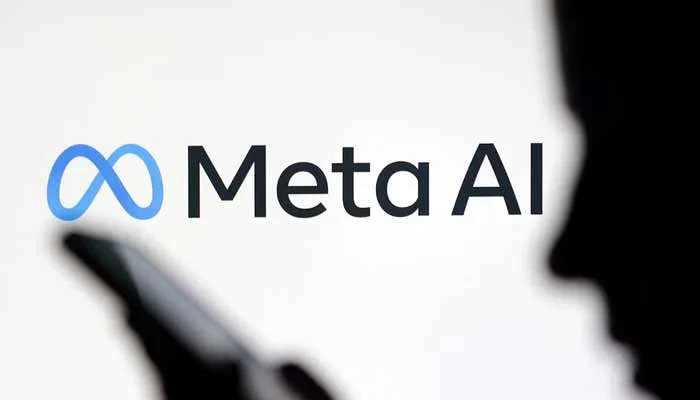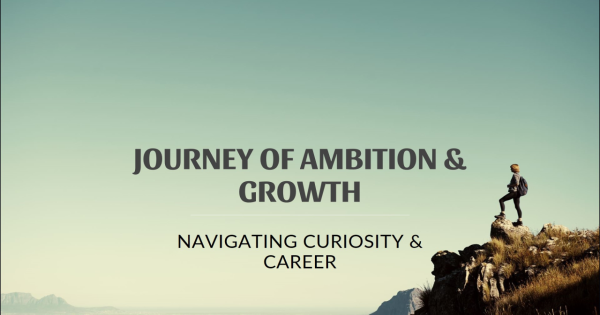
In a groundbreaking move to make artificial intelligence more inclusive and accessible, Meta has officially launched the Urdu version of Meta AI for users across Pakistan. The initiative aims to accelerate the country’s digital transformation, empower citizens with AI tools, and promote technological innovation in both public and private sectors.
The announcement was made during a high-profile event titled “Future in Focus: AI and Innovation”, organized jointly by the Ministry of Information Technology and Telecommunication (MoITT) and Meta in Islamabad. The event brought together policymakers, education experts, and technology professionals to discuss the future of AI-driven growth in Pakistan.
Meta AI Urdu Version: Making Technology Inclusive for All
Meta’s decision to introduce an Urdu version of its AI platform marks a significant milestone in Pakistan’s digital journey. With Urdu being the national language and spoken widely across the country, this launch ensures that AI technology becomes accessible to a much broader audience.
According to Meta’s official press release, Pakistani users will now be able to interact with Meta AI in both English and Urdu, opening up new opportunities for learning, productivity, and innovation. This move reflects Meta’s commitment to localizing technology and bridging the digital divide between English-speaking and non-English-speaking populations.
Speaking at the event, Federal Minister for Information Technology and Telecommunication Shaza Fatima Khawaja emphasized that this collaboration aligns with Prime Minister’s Digital Nation Vision — a roadmap for Pakistan’s digital empowerment and economic growth through technology.
“Under the Prime Minister’s Digital Nation Vision, Pakistan is moving toward a future where technology empowers every citizen,” said the Minister. “Our partnership with Meta reflects this commitment by promoting AI education, digital transformation, and innovation in both government and educational institutions.”
She added that the introduction of Urdu language in Meta AI represents a critical step toward inclusivity, ensuring that no citizen is left behind in Pakistan’s journey toward becoming a digitally empowered nation.
AI Education and Digital Transformation Programmes Announced
During the event, Meta announced the launch of multiple new initiatives in collaboration with the MoITT and other government and educational bodies. These include:
-
AI Literacy Programme
Developed in partnership with the Higher Education Commission (HEC), the National Computing Education Accreditation Council (NCEAC), MoITT, and atomcamp, this program aims to train 350 non-computer science university teachers across Pakistan.
The goal is to equip educators with basic AI knowledge and skills, enabling them to prepare students for careers in the modern digital economy. -
Government Digital Transformation Xperience (GDTX) 2025
Another major announcement was the GDTX 2025 initiative, designed to help public sector institutions adopt digital solutions using Meta’s technologies and expertise.
The program will bring together experts from public and private sectors to share experiences and strategies for effective digital transformation. Through GDTX, Meta aims to support Pakistan’s government departments in improving efficiency, citizen engagement, and data-driven decision-making.
Guide on Public Sector Innovation with Llama
Meta also launched a localized version of the guide titled “Transforming Public Sector Innovation in Asia Pacific with Llama”, developed in partnership with Deloitte.
The guide highlights how Meta’s open-source AI model, Llama, can enhance public sector operations, improve service delivery, and strengthen data sovereignty in countries like Pakistan.
It includes practical examples from successful AI implementations across the Asia-Pacific region, illustrating how governments can leverage open-source technology for innovation and transparency.
.jpg)
Meta’s Vision for AI in Pakistan
Sarim Aziz, Meta’s Director of Public Policy for South and Central Asia, shared his views on Meta’s long-term vision for Pakistan. He said the company is deeply committed to helping the government and educational institutions embrace digital transformation through AI.
“We aim to support public sector and educational institutions in driving digital transformation through the effective use of AI,” said Aziz. “We are also delighted that Meta AI is now available in Urdu, giving the local community new opportunities to connect with technology in their own language.”
He noted that Meta’s initiatives are focused on building an AI-ready Pakistan, where citizens, teachers, and government officials can utilize AI for innovation, research, and public service delivery.
Accelerating Pakistan’s Digital Future
The launch of Meta AI in Urdu comes at a time when Pakistan is undergoing a massive digital transformation, with increasing investments in AI, cloud computing, data analytics, and IT education.
The government has been working with global tech companies to promote digital inclusion and equip the youth with 21st-century skills.
The partnership between Meta and MoITT is expected to:
-
Strengthen Pakistan’s AI ecosystem
-
Enhance digital literacy across educational institutions
-
Improve governance through AI-driven solutions
-
Boost public-private collaboration for sustainable innovation
The Ministry of IT and Telecommunication has already outlined several key objectives for Pakistan’s digital transformation journey, including:
-
Expanding AI education and training nationwide
-
Encouraging local innovation and entrepreneurship in the tech sector
-
Developing policy frameworks to promote ethical AI use
-
Supporting local language technology to make digital tools more inclusive
By collaborating with Meta, the ministry aims to leverage global expertise and resources to achieve these goals efficiently.
Empowering Educators and Students with AI Skills
One of the most impactful outcomes of Meta’s initiative will be its direct effect on the education sector. The AI Literacy Programme, launched in partnership with HEC and other organizations, focuses on empowering teachers who can then train thousands of students in universities across Pakistan.
The program emphasizes AI awareness, digital creativity, and problem-solving skills, ensuring that graduates are better equipped for the future job market.
By introducing AI concepts to non-computer science faculties, Meta aims to integrate AI education across diverse disciplines, such as economics, business, and social sciences.
This initiative reflects the growing importance of AI literacy as a foundational skill in the digital era — much like computer literacy was two decades ago.
Public Sector Innovation Through Llama
The newly introduced guide, “Transforming Public Sector Innovation in Asia Pacific with Llama”, showcases how governments can integrate AI technologies like Llama, Meta’s open-source large language model, into their workflows.
According to the report, AI can be utilized to:
-
Automate administrative processes
-
Improve data collection and analysis
-
Enhance citizen services
-
Strengthen cybersecurity and data management
The guide, developed in partnership with Deloitte and supported by MoITT, outlines actionable strategies for adopting AI while maintaining data sovereignty — a key concern for governments in the digital age.
Bridging the Digital Divide
The introduction of Urdu-language AI is particularly important for bridging the digital and linguistic divide in Pakistan.
Previously, most AI tools and chatbots primarily supported English, making it difficult for non-English speakers to fully benefit from them. Meta’s move ensures that millions of Urdu-speaking Pakistanis can now engage with advanced technologies in their native language, fostering inclusivity and equal opportunity.
This initiative aligns with Meta’s broader mission to make AI accessible, inclusive, and beneficial for all communities, regardless of language or background.
A New Era of AI in Pakistan
Meta’s launch of the Urdu version of Meta AI marks the beginning of a new era in Pakistan’s digital and technological evolution. Through strategic collaborations with MoITT, HEC, and other institutions, Meta is not only localizing AI technology but also empowering Pakistan’s youth, educators, and public sector to embrace innovation.
As Pakistan continues to invest in digital infrastructure and education, initiatives like this will play a pivotal role in ensuring the country’s smooth transition into the global digital economy.
With AI becoming an integral part of daily life, Meta’s Urdu AI launch symbolizes a commitment to inclusivity, innovation, and progress — truly setting the stage for a smarter, more connected Pakistan.












.jpg)


